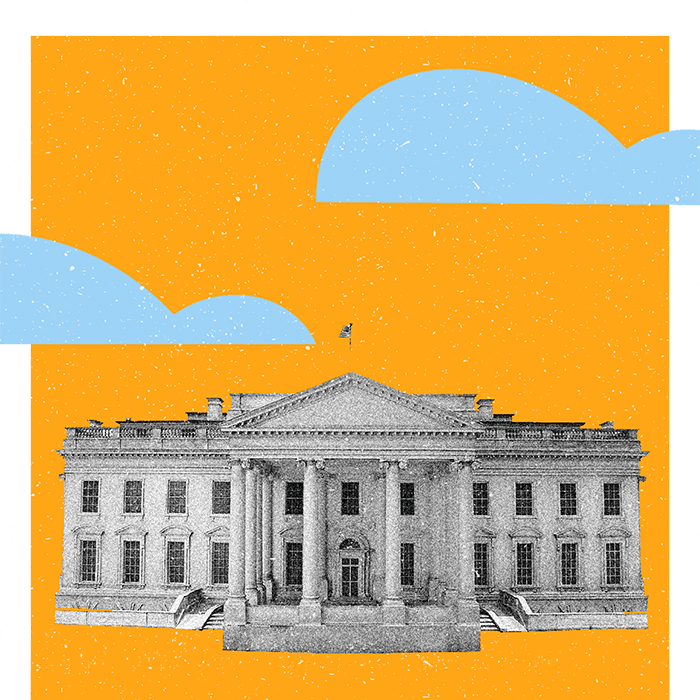MODULE 6
Our understanding of how economic policy works will allow us to more effectively envision and advocate for policies that support our social and labor movements.
In this module, we learn about economic policy, and specifically how and why governments try to manage economic activity. We discuss how government spending and the Federal Reserve influence prices, employment, and social policies through historical case studies and analysis of our current-day context.


Learning Objectives:
- Distinguish between sound and functional finance
- Understand how Congress and the Federal Reserve influence economic policy (i.e. fiscal and monetary policy)
- Create an argument for bold public spending programs
Materials
For Groups:
For Individuals:
VIDEO LESSONS:
Takeaways
- Gross Domestic Product (GDP) is the most common measure of how the economy is doing, but it ignores unpaid care work and reinforces a limited view of the economy.
- The macroeconomic circuit shows us that one person’s spending is another person’s income.
- Leakages like taxes, savings and imports, slow down the macroeconomic circuit, while injections like public spending, investment and exports speed it up.
- Fiscal policy refers to Congressional decisions on taxes and spending. Higher deficits are expansionary, while lower deficits (or surpluses) are contractionary..
- Monetary policy refers to the way the Federal Reserve influences the money supply through interest rates. Lower interest rates are expansionary, while higher interest rates are contractionary.
- Proponents of Functional finance argue that governments should use fiscal, monetary and other macroeconomic policies to achieve and maintain full employment, while advocates of sound finance think governments should instead prioritize low inflation.
- There are three ways to finance government spending on progressive programs: 1) cutting wasterful spending, especially on the military 2) raising taxes the rich, and 3) “monetizing” fiscal deficits or simply “printing the money.”
Readings
Videos
“Breathing Life into Democracy”
Nwamaka Agbo and Francisco Pérez. Economics for Emancipation Podcast, Episode 4
“On Black Resilience and Being Loved”
Jessica Norwood and Nia Evans. Economics for Emancipation Podcast, Episode 1
“There’s No Such Thing as the Economy”
Kali Akuno and Penn Loh. Economics for Emancipation Podcast, Episode 2
“To Become Ungovernable”
Elena Letona and Gopal Dayaneni. Economics for Emancipation Podcast, Episode 3
